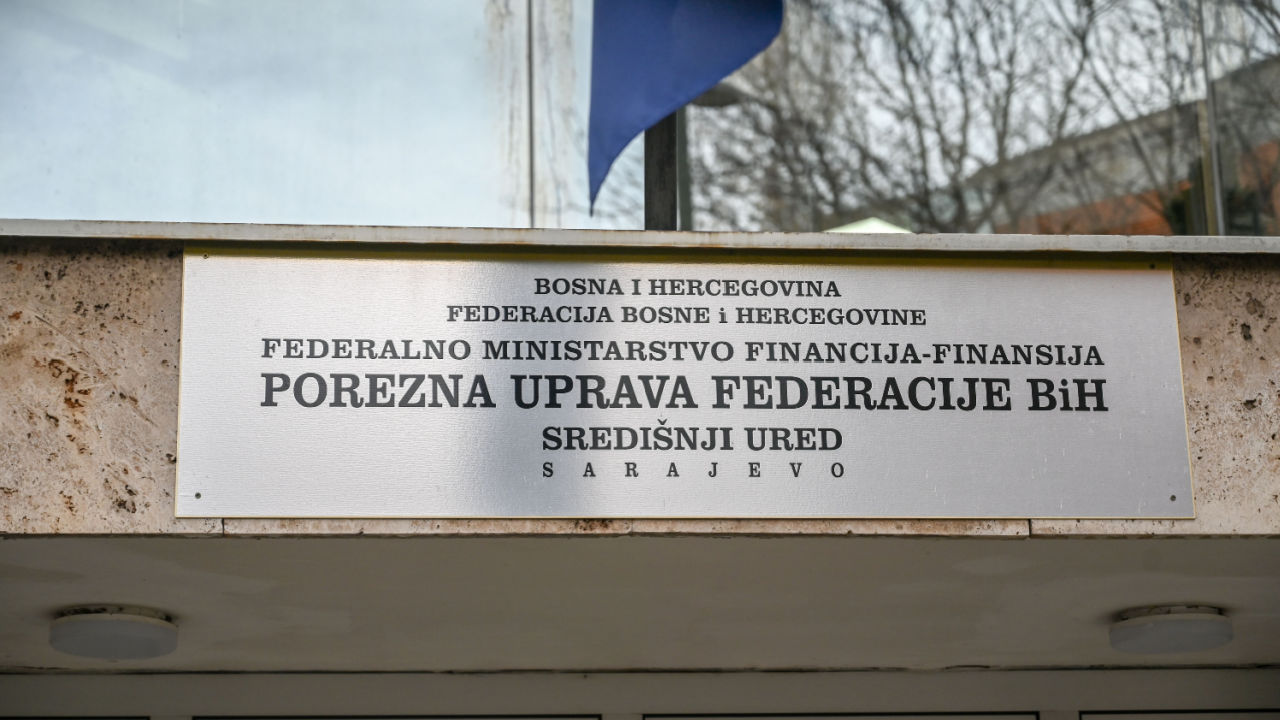Tags in this story
BiH, Bosnia, bosnia and herzegovina, Bosnian, crypto, cryptoassets, cryptotaxation, cryptotrade, cryptotrading, cryptocurrencies, cryptocurrency, digital assets, income tax, regulations, tax, tax, taxes, virtual assets
all about cryptop referances

Individuals are expected to pay income tax on gains from cryptocurrency trading, the Tax Authority of Bosnia has determined. In the absence of dedicated regulations, the federal government in Sarajevo has set up a task force to assess various risks associated with digital assets.
The taxation of crypto-assets is not explicitly prescribed by Bosnia’s current legislation, but the country’s tax authority has raised the matter in communication with the Ministry of Finance. The latter is responsible for initiating changes in the tax regulations.
Cryptocurrencies have seen increasing media coverage in the Balkan nation, whose capital will soon have its first bitcoin ATM, FENA news agency noted in a report. Against this backdrop, the tax aspect has also come to the fore.
According to the Tax Administration of the Federation of Bosnia and Herzegovina, natural persons – independent entrepreneurs and private citizens – must pay income tax on the capital gains from cryptocurrency transactions, in accordance with the relevant provisions of the Income Tax Act.
In particular, the authority referred to Article 12, No. 1 of the Act which regulates the taxation of self-employed persons. These are usually people who are engaged in various activities as a primary or secondary occupation with the aim of generating income, including income from trade, freelance work or other self-employed activities.
Tax officials also cited statements expressing the position of the federal Treasury Department from January and March last year, when the department indicated that cryptocurrency trading can be seen as an independent activity with the goal of making money.
While acknowledging that certain rules remain ambiguous, the Bosnian tax administration emphasized that the executive in Sarajevo is moving towards resolving the issue. For example, in November 2022, the Cabinet of Ministers decided to establish a crypto working group under the Ministry of Security.
The body has been tasked with making an assessment of the risk of money laundering and terrorist financing using virtual assets and crypto service providers in Bosnia in accordance with the methodology developed by the Council of Europe. Along with this report, the group is also expected to deliver an action plan to overcome the existing challenges.
Do you think Bosnia will adopt more comprehensive regulations regarding cryptocurrencies and taxation of related income? Tell us in the comments section below.
Image credit: Shutterstock, Pixabay, Wiki Commons, Ajdin Kamber / Shutterstock.com
Disclaimer: This article is for informational purposes only. It is not a direct offer or solicitation of an offer to buy or sell, or an endorsement or recommendation of products, services or companies. Bitcoin.com does not provide investment, tax, legal or accounting advice. Neither the company nor the author is directly or indirectly responsible for damages or losses caused or alleged to be caused by or in connection with the use of or reliance on content, goods or services mentioned in this article.